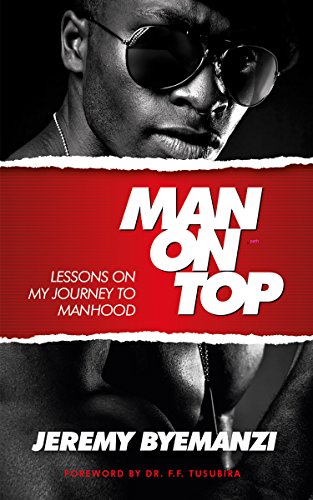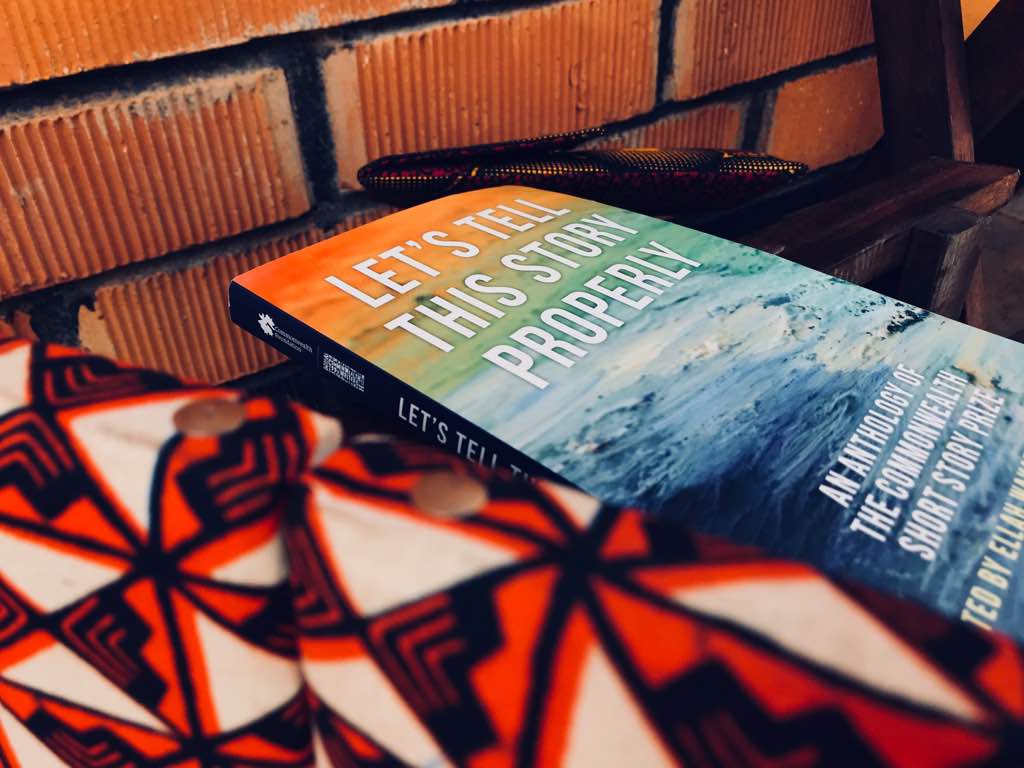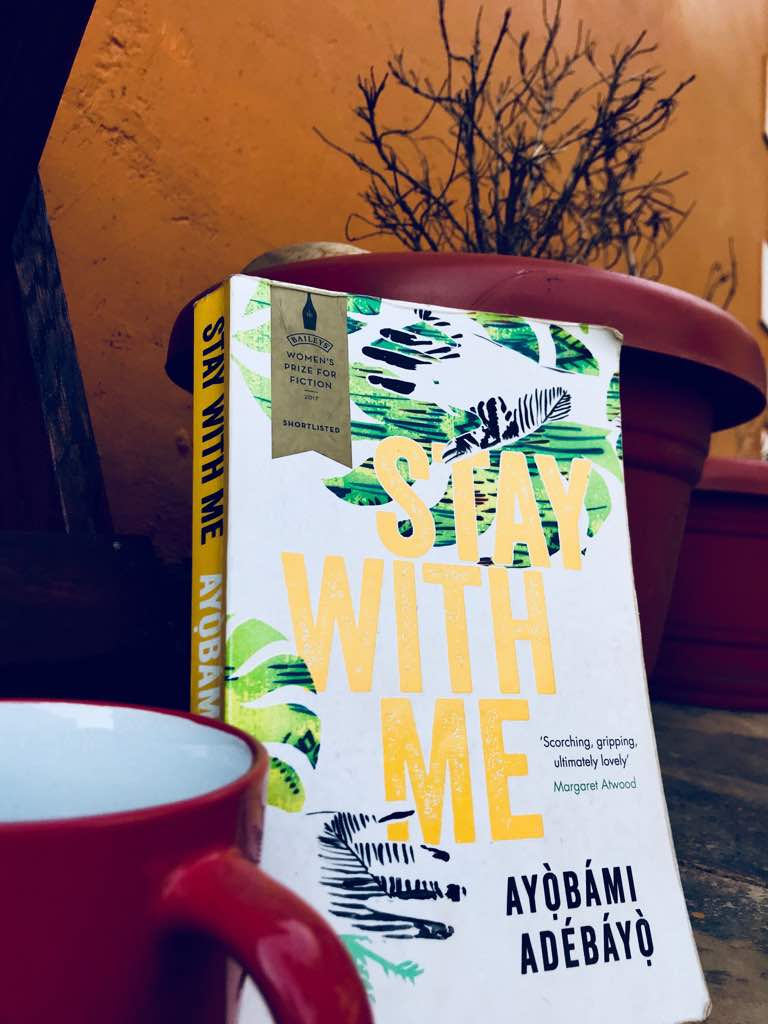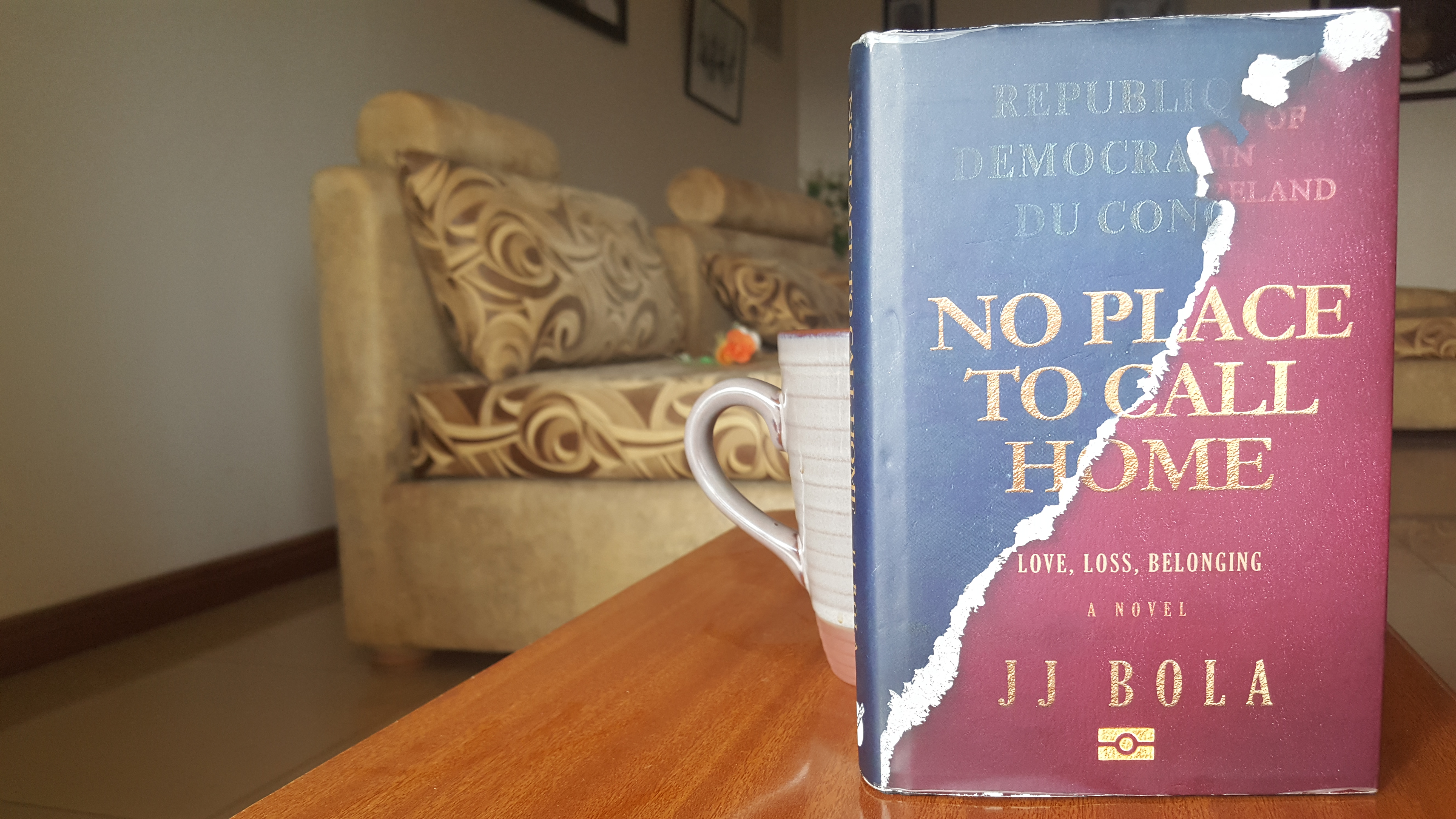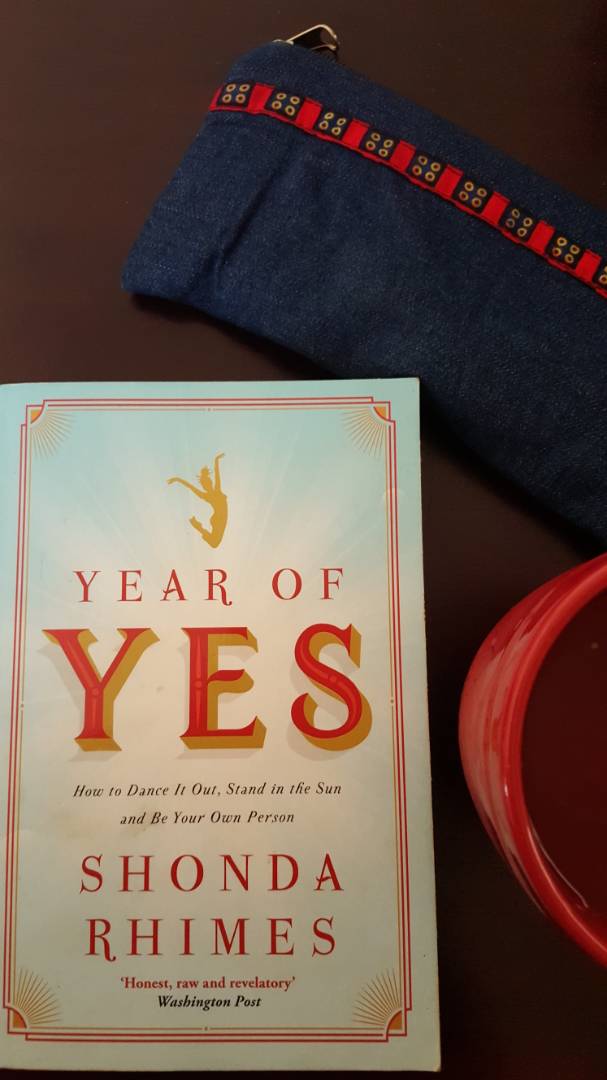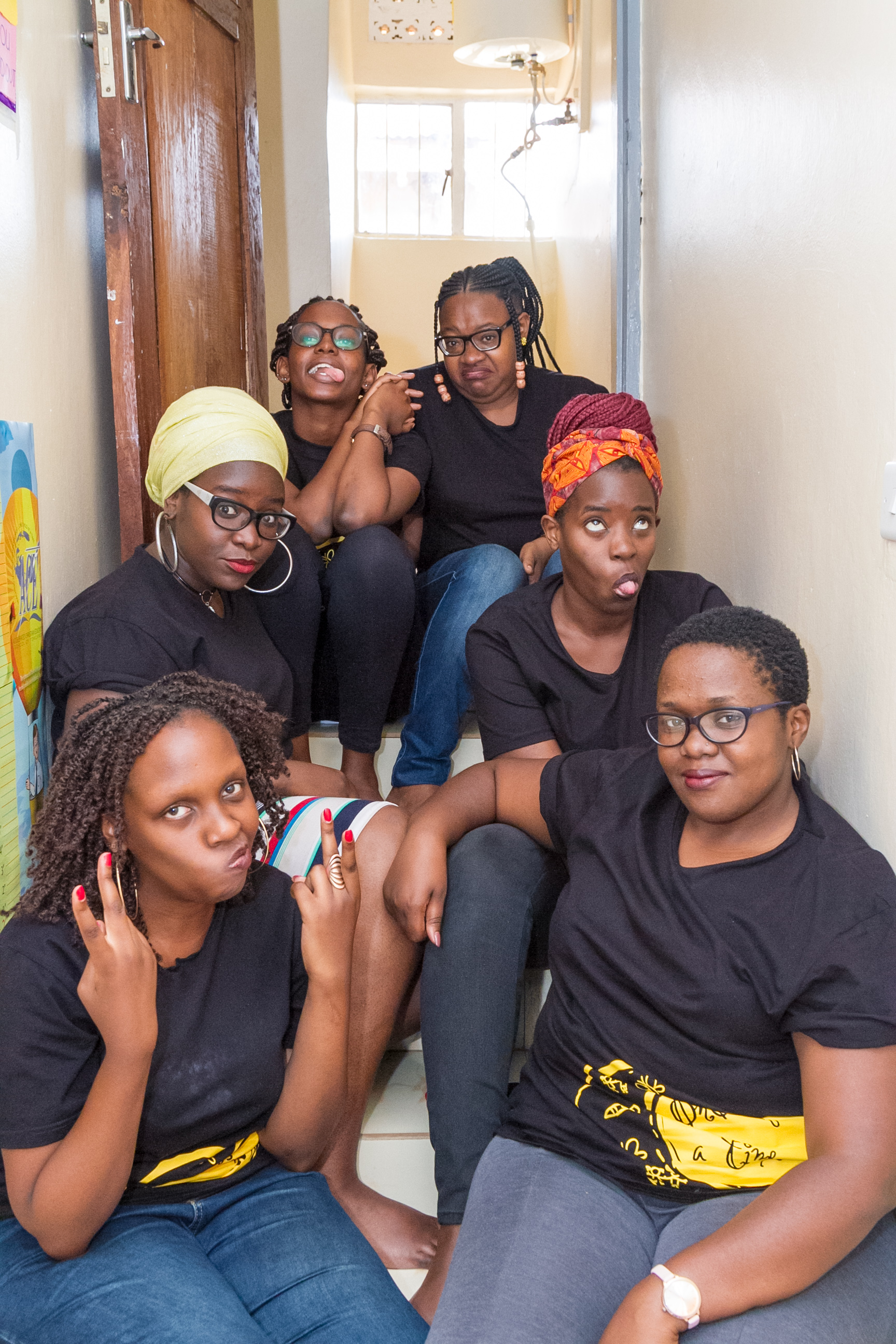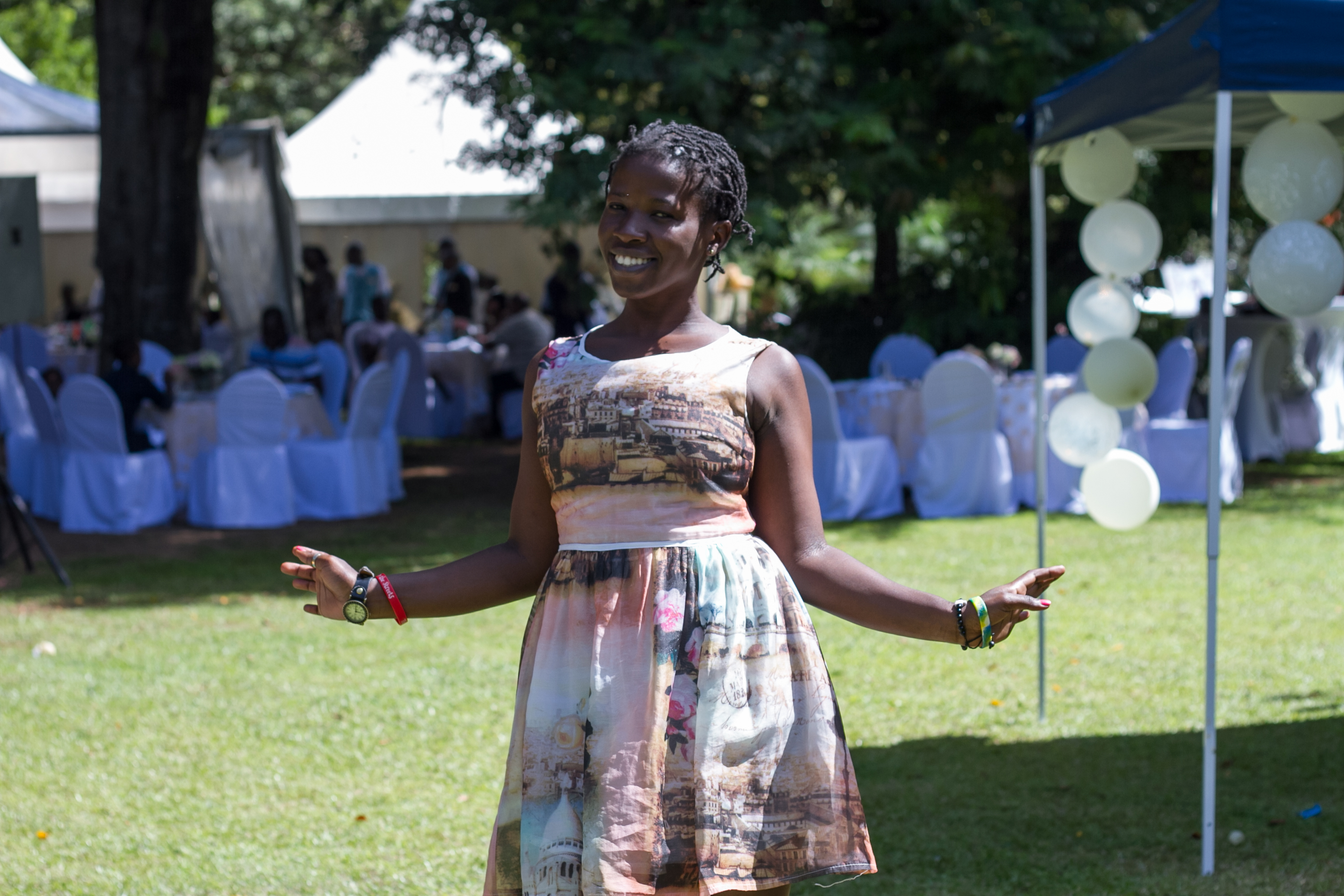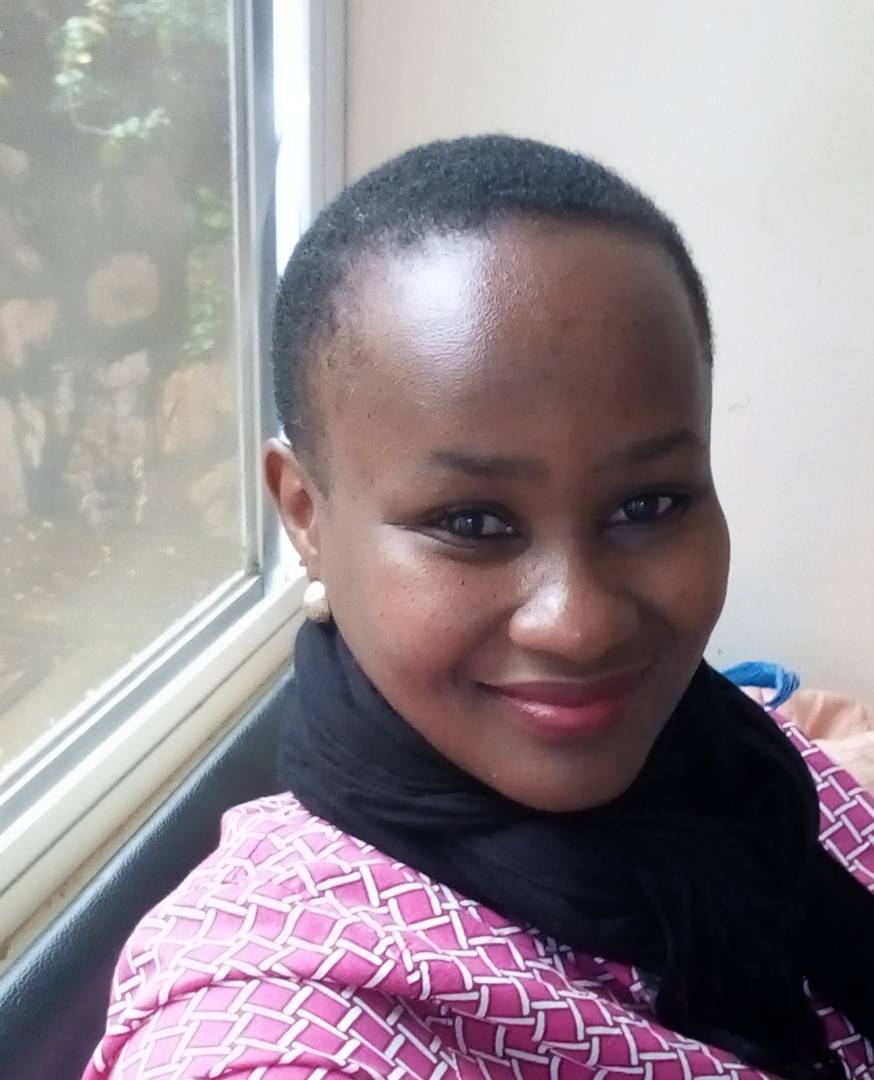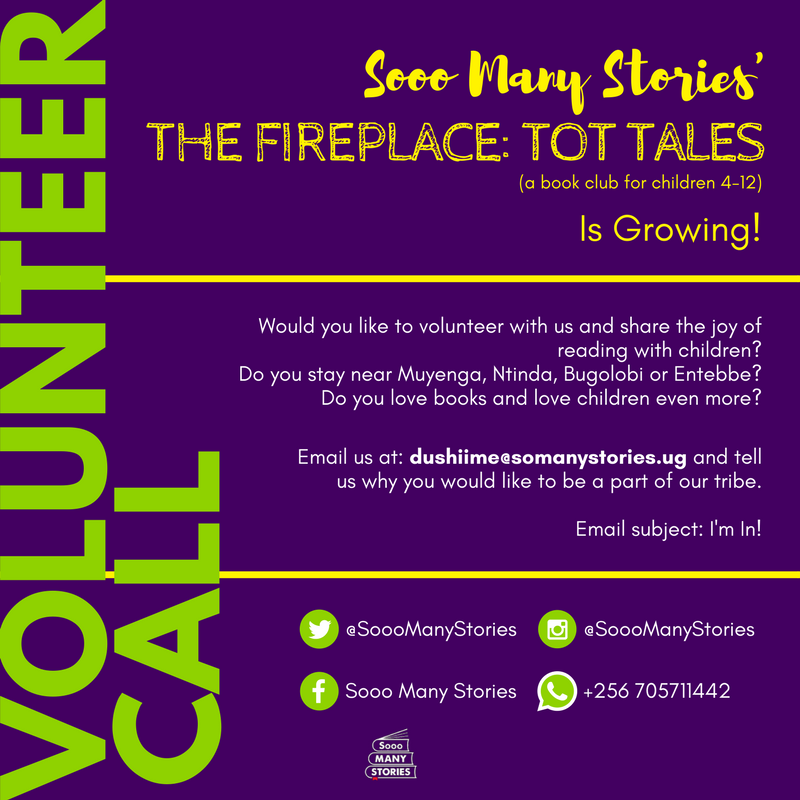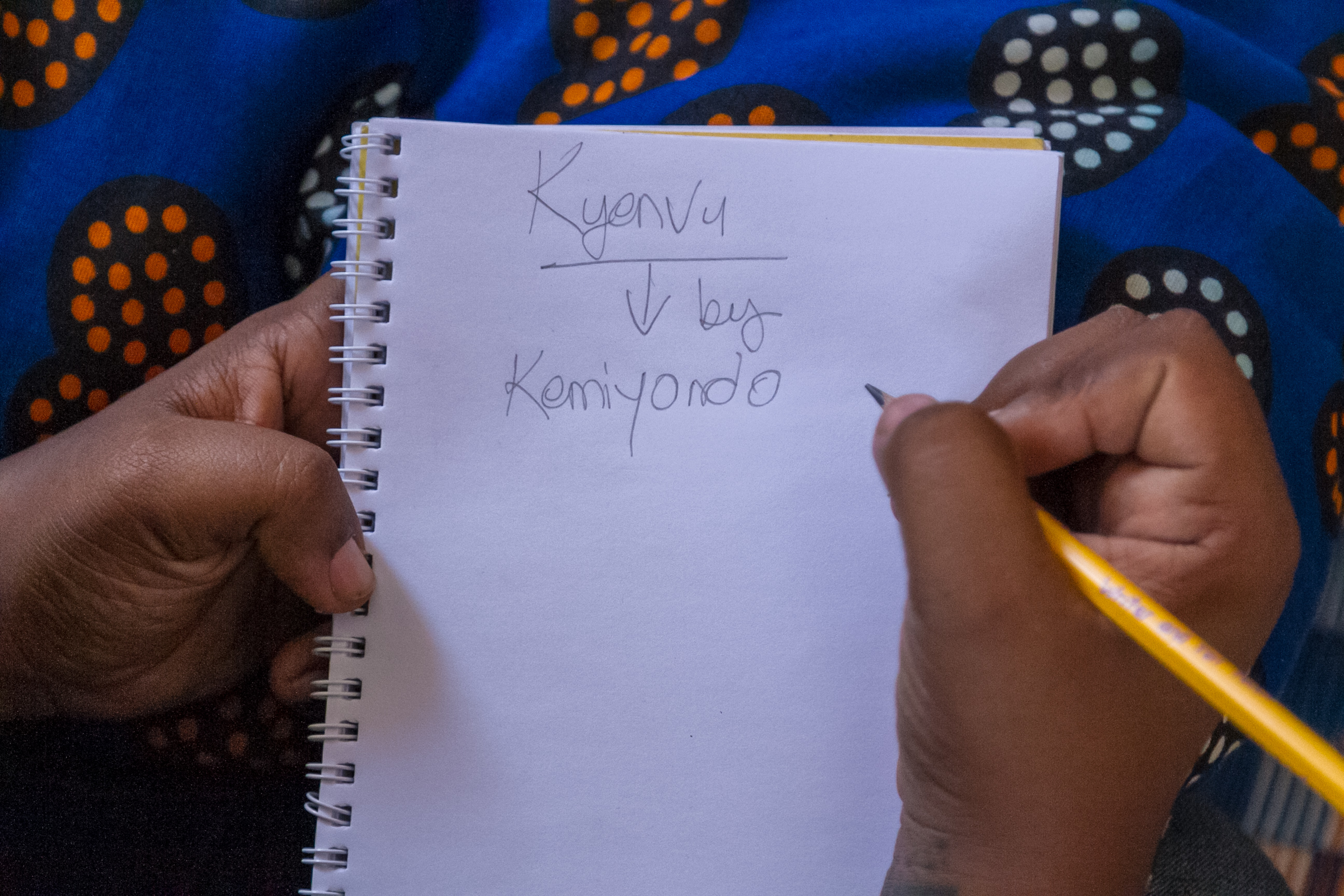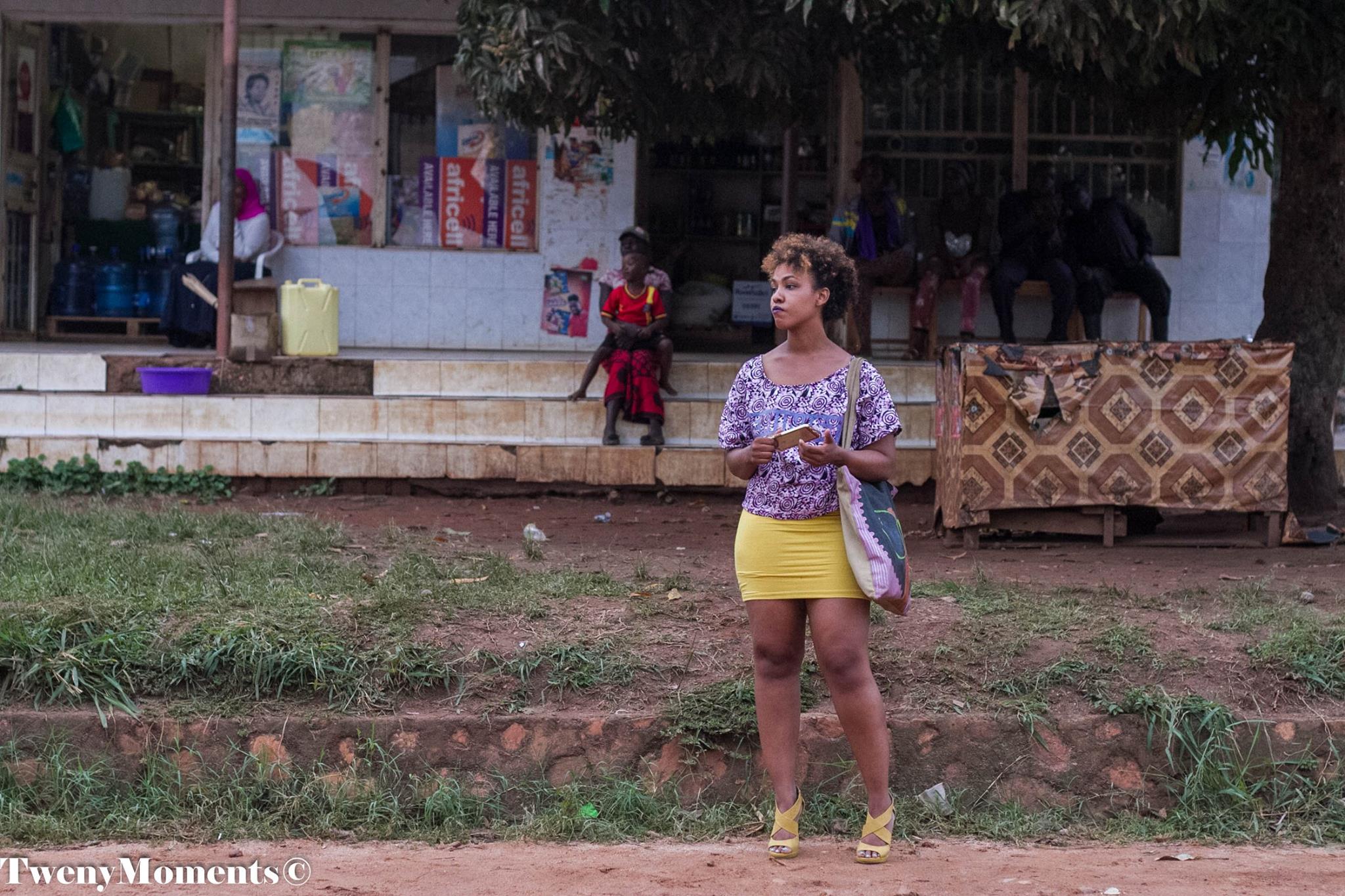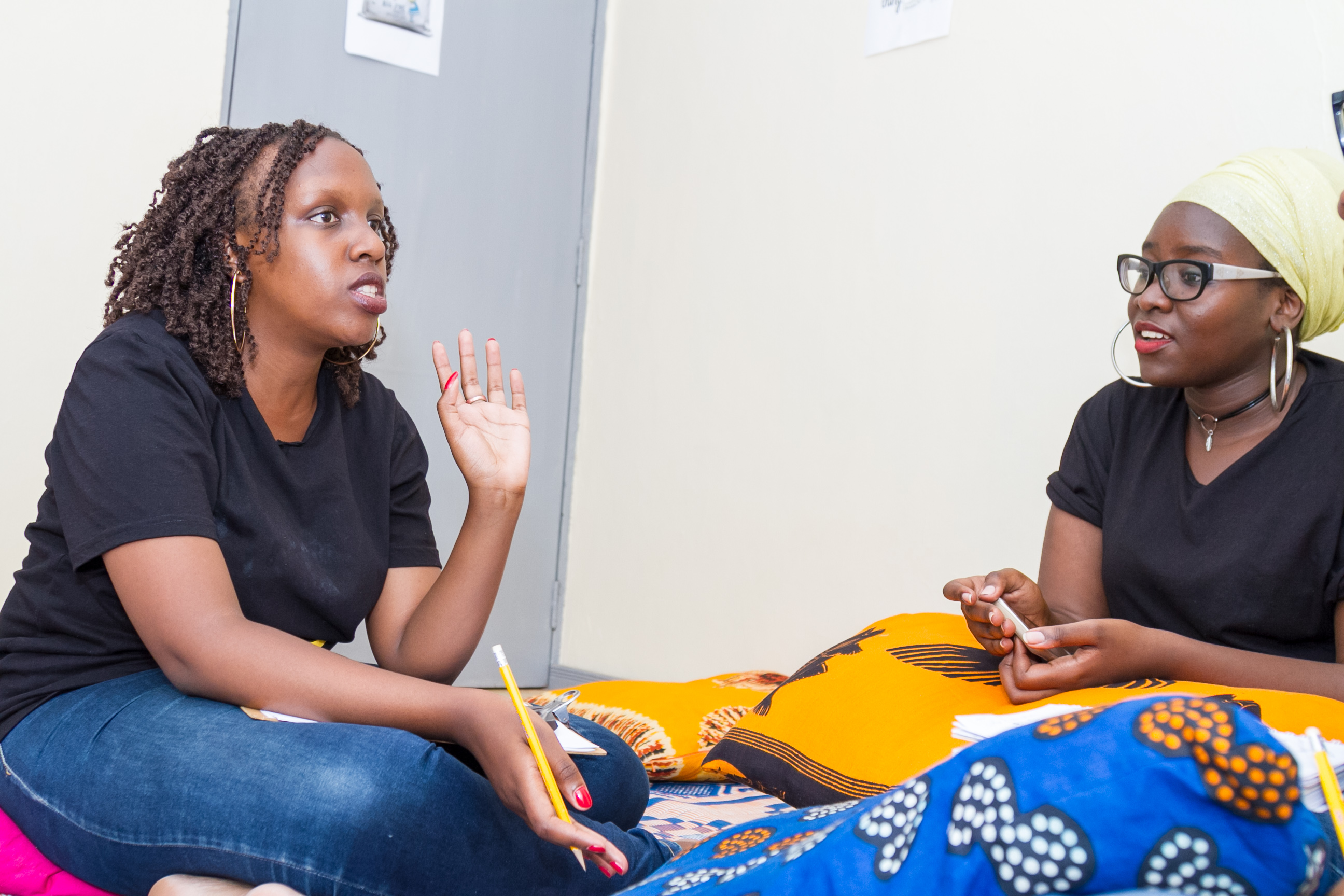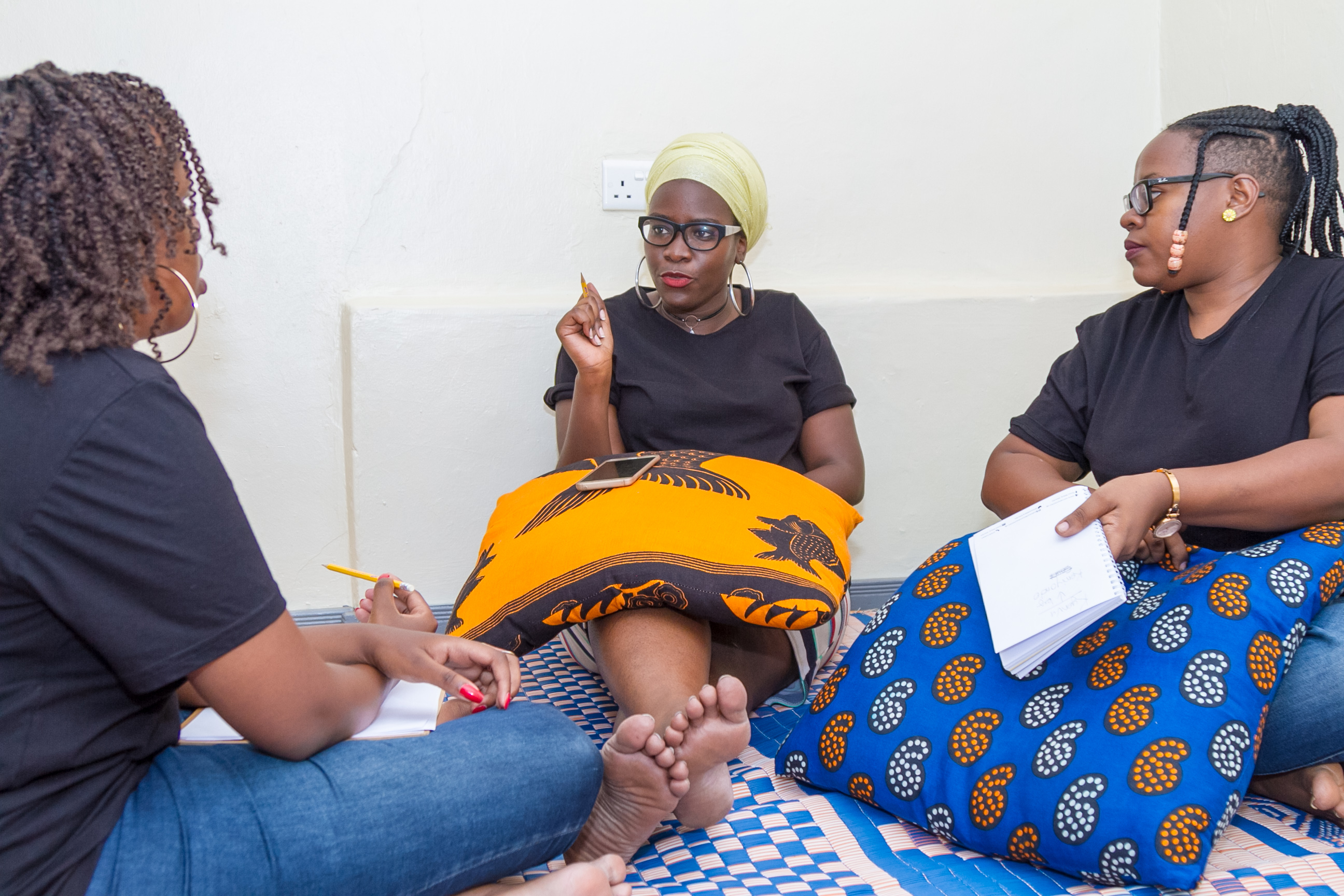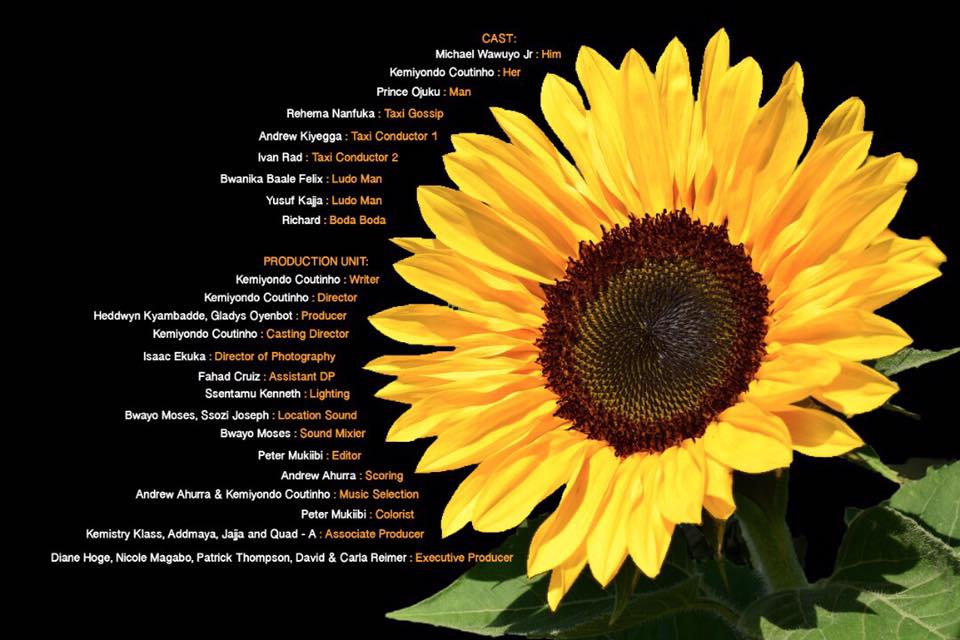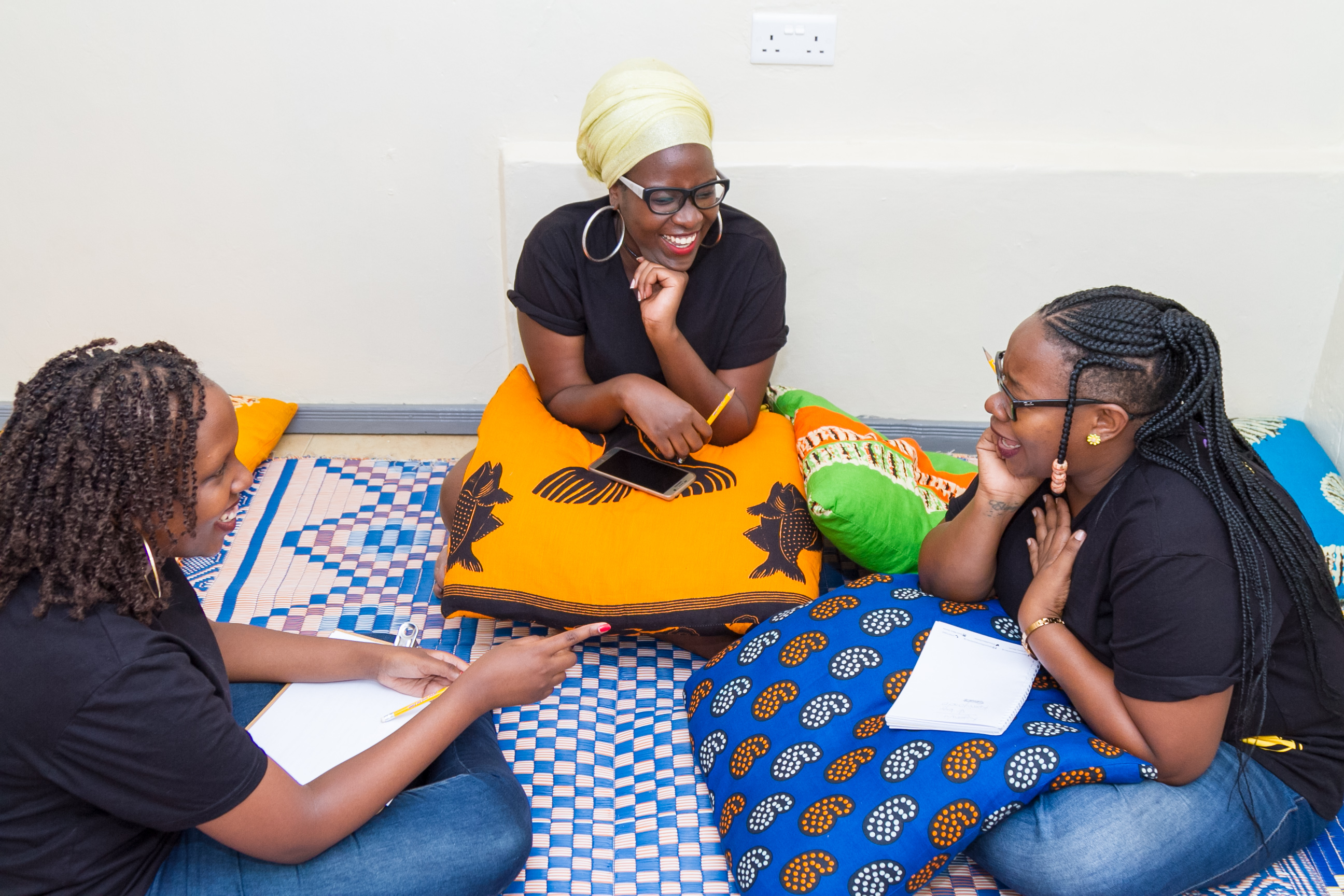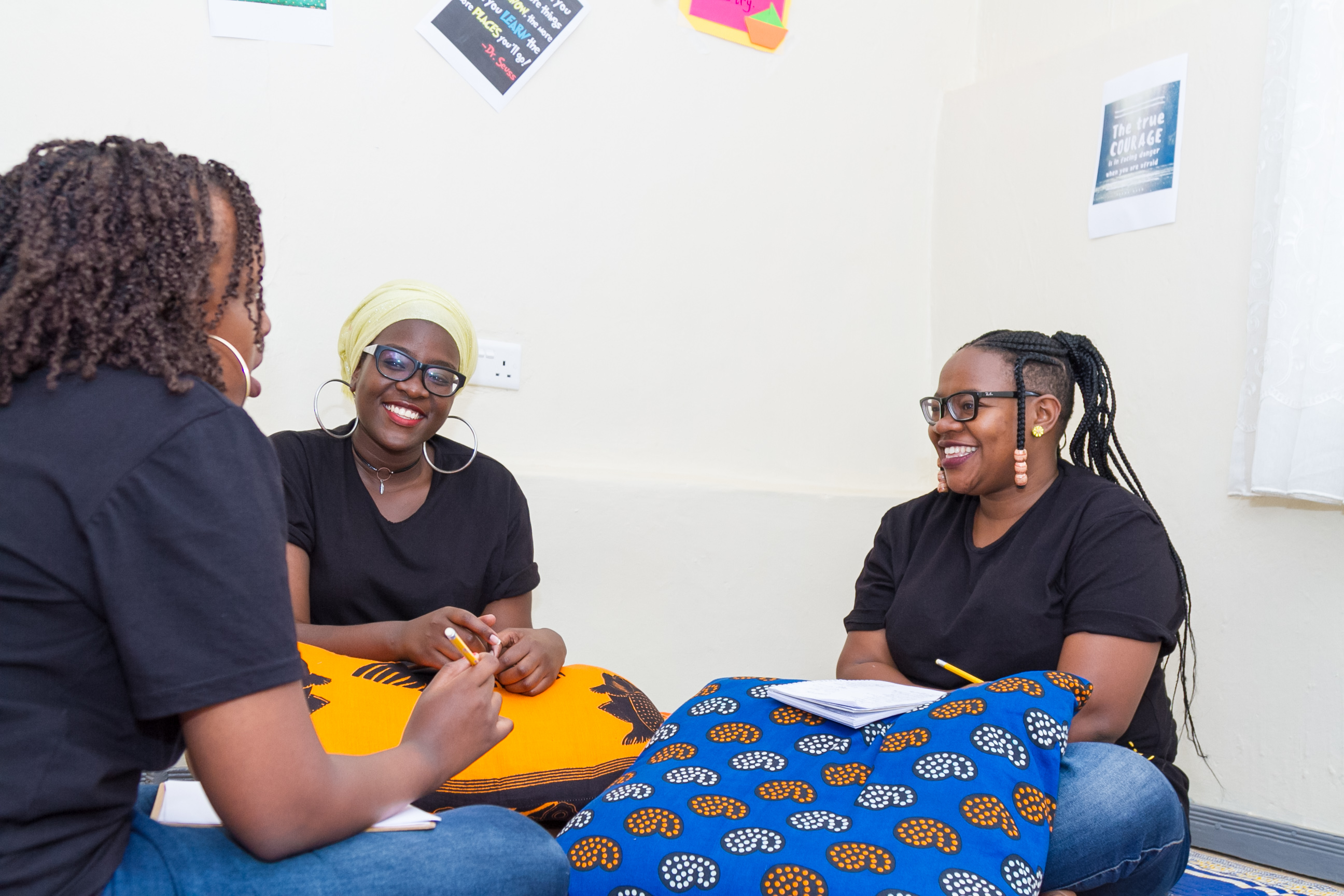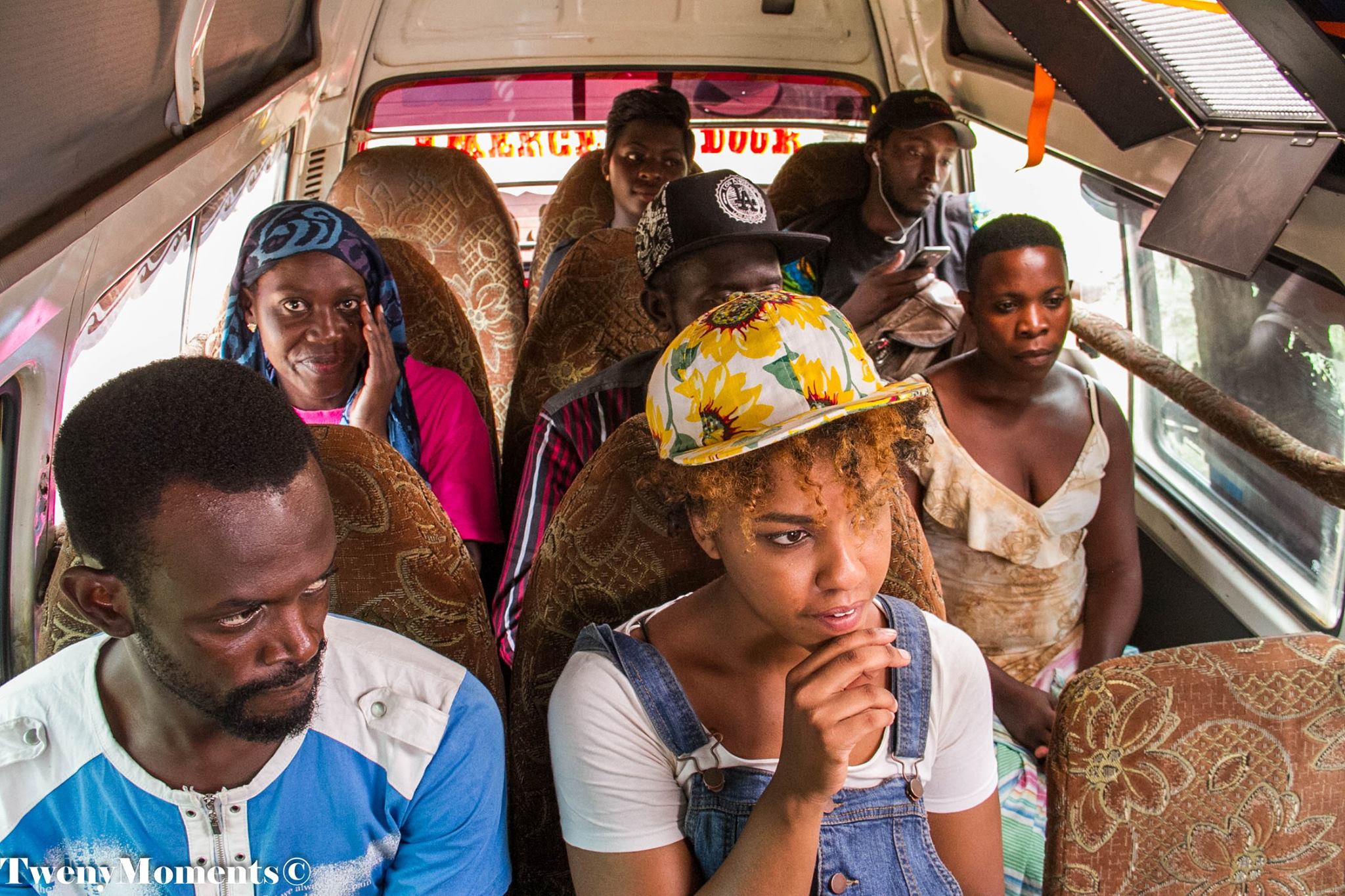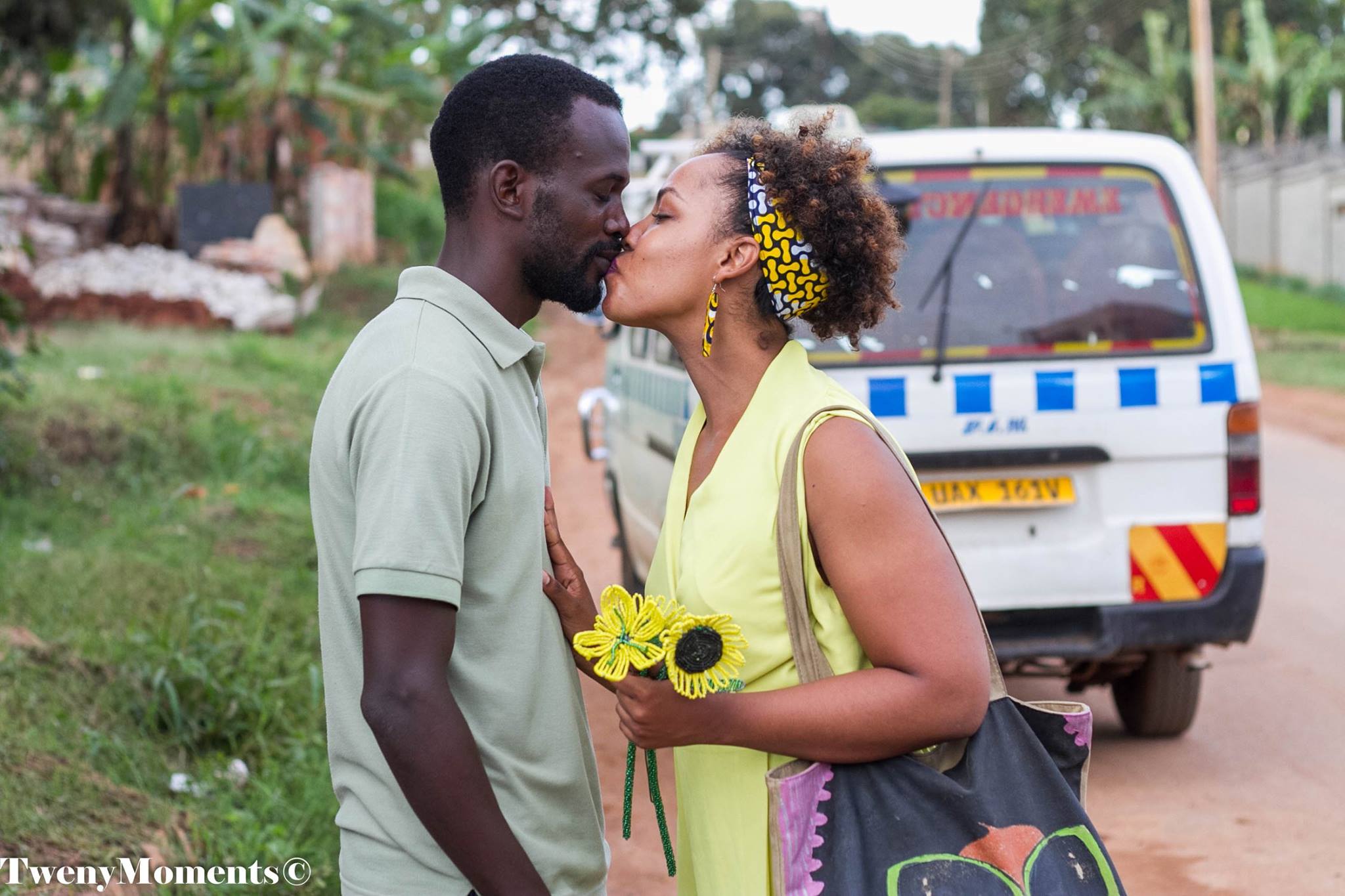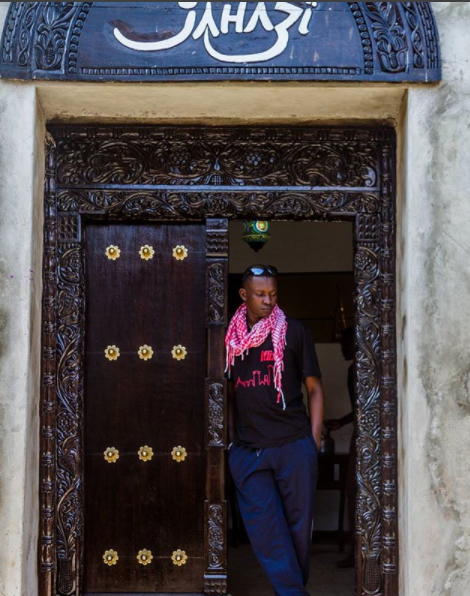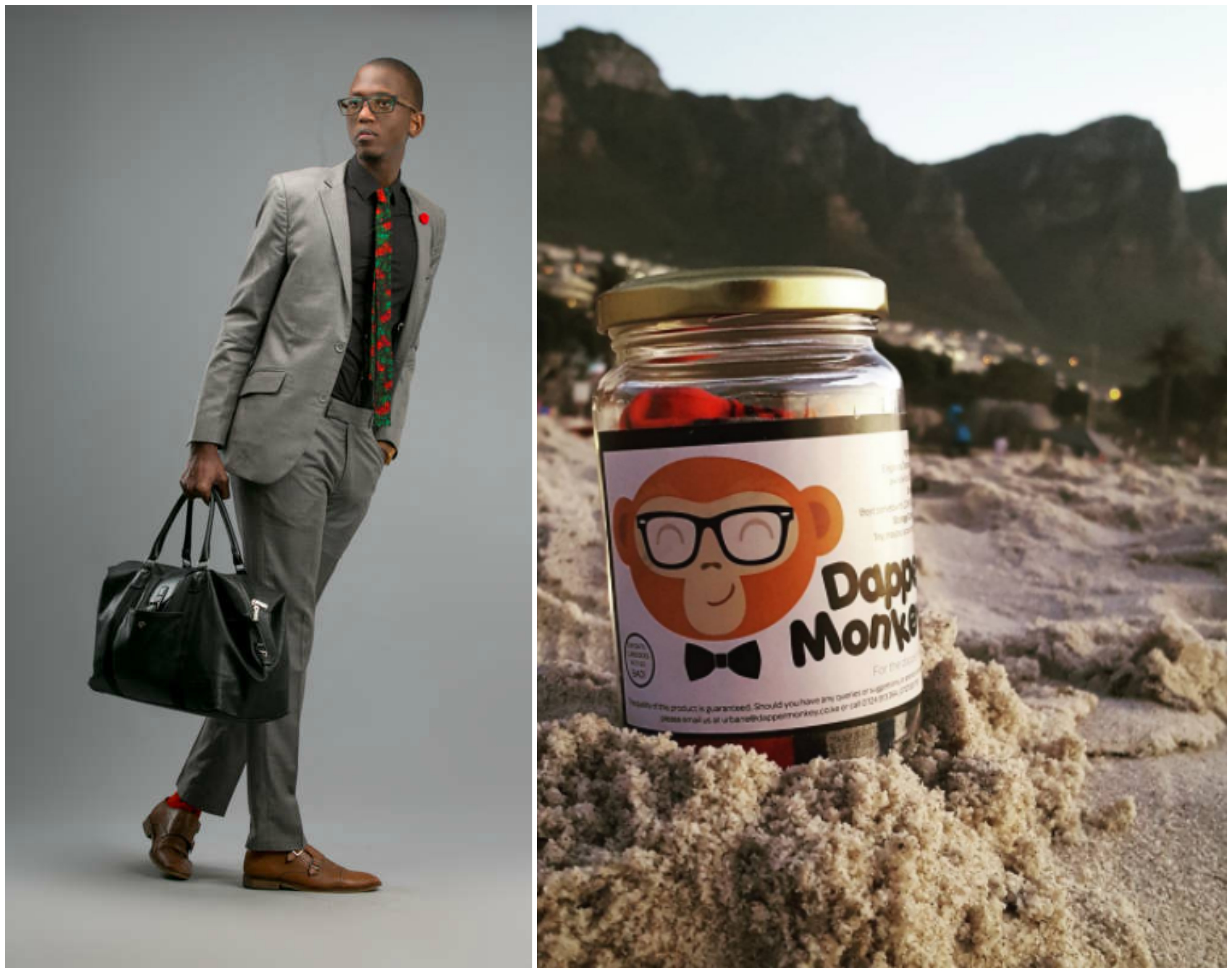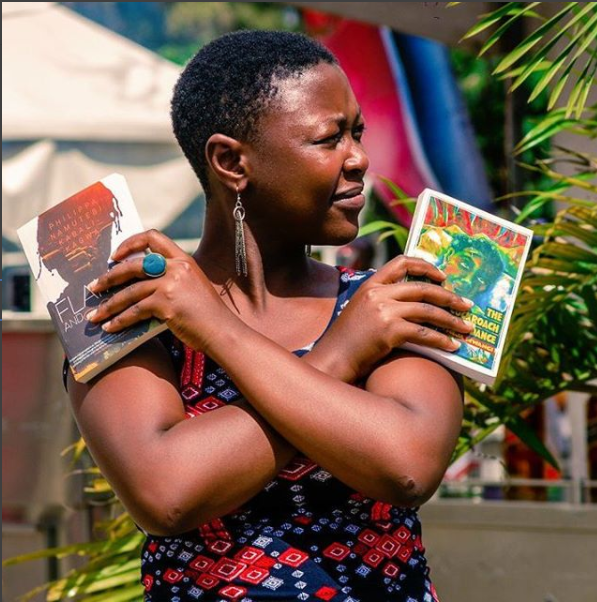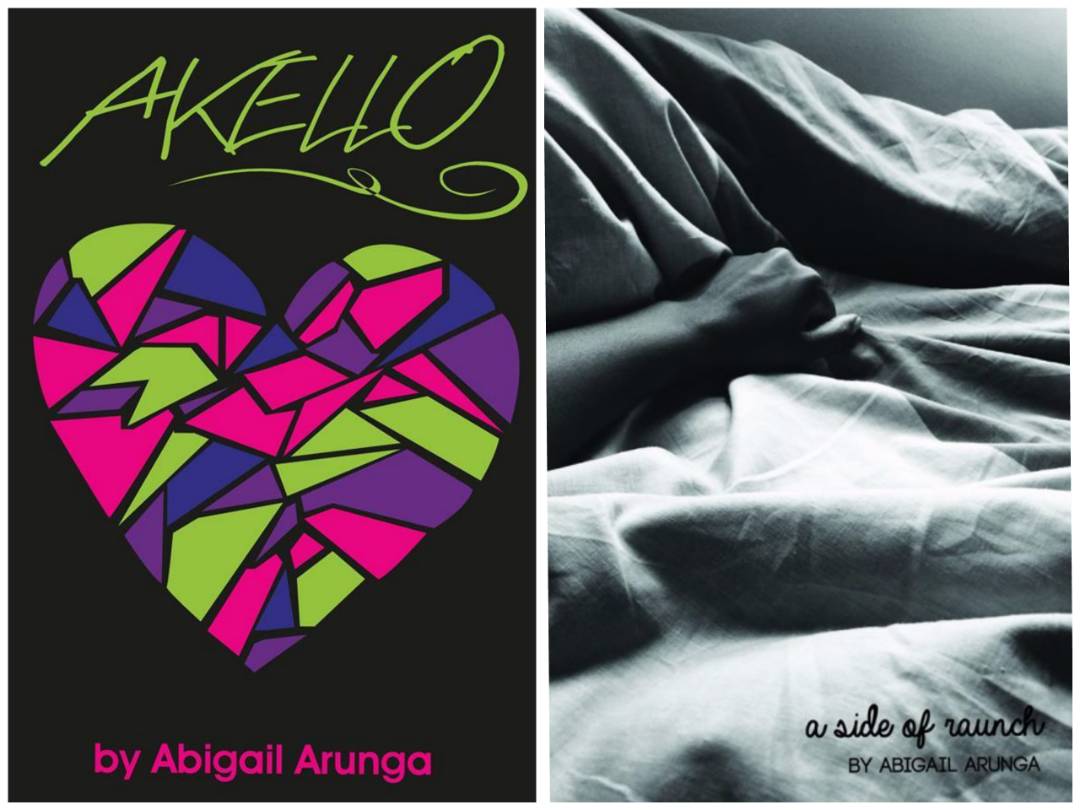They say when a rich man dies, the whole village shall feast. Ian Sentamu was no exception to this rule. He’d amassed enough wealth over the course of four decades to afford the very best in funeral arrangements. His grave was lined with porcelain tiles – no common man’s contact with the earth for him. The coffin in which he lay wearing a pristine six-thousand-dollar suit was glass and gold. It’s lid was remote-controlled, so that his loved ones and admirers could look directly at his face until the minute the coffin hit the grave’s bottom.
His two widows stood on the right side of the grave, one as plump and orange as ripe pumpkin, the other campus-figure slender. They both wore black veils with tiny diamonds, and their black mourning gowns were the best of Misery Couture. The handkerchiefs into which they wept delicate classy tears had cost enough to buy a small shop.
Ian’s six children – four for the pumpkin and two for the campus figure – stood on the other side of the grave in a semi-circle of linked arms and shoulders. If he’d been alive to see it, he’d have been proud. His belligerent selfish children, a cohesive unit for once, even in the poisonous presence of their mothers. But he was dead. And his rich friends were already eyeing Campus Figure, even as they threw fresh-smelling bundles of cash into his grave. No one would try Pumpkin because she was too much work; everyone knew she was a rabid dog. Campus Figure, on the other hand, was docile as long as you had the bank account balance and bedroom stamina to back up your advances. Before his body was cold in his grave, she would probably have a new sponsor.
Juma and his boys had come to the big man’s funeral for the food. They’d made it their modus operandi a few years back – show up at a rich person’s funeral as professional mourners and wail for their supper. Rakai was home to so many affluent people that not once had they gone without a funeral meal for more than two months.
Juma had come for the food but, now, the alluring scent of matooke and chicken had been superseded by the alluring scent of new shilling notes. They fell, from the smooth hands of men who had forgotten what if felt like to struggle for a living, into the grave of a man who would have no use for them in the land of the dead.
These rich people, Juma thought. “They were money-mad. No wonder they died of strange rich people diseases. Simanya cancer, simanya diabetes, simanya pressure. Rubbish. Here in the village, if a child survived every bout of malaria that attacked him until he reached adulthood, he would probably live until he was ninety-nine. That was if he didn’t get hacked down by the iron bar thieves who’d been terrorising the district… or shot down by a drunk policeman… or knocked dead by a boda boda… or bewitched by an angry neighbour.
“That’s a waste of good money,” Juma said. The boys mumbled their agreement. They weren’t as ambitious as him, not nearly as smart. For them, the free food was their only incentive for screaming like women in labour at the burials of people whose names they didn’t know. If the food didn’t come, they would do some menial chores around the town and eat the produce from their gardens at home. This whole funeral-crashing business was no big deal. Which was why almost all of them sucked in horrified gasps of varying timbres when Juma said, “We should come back for it at night.”
Was he mad? It was a collective thought in the boys’ minds. The graves of rich men always had privately paid policemen guarding them for the first few days or so. Against thieves who wanted to strike while the concrete was still wet and vandalise the holy holes. Coffins, tiles, metal bars, dead men’s clothes – they were all fair prey to these godless thieves. And Juma wanted to become one of them? Sacrilege!
“What if you get shot?” one boy asked. It would be terribly embarrassing for Juma’s family if he got killed while attempting to rob a dead man. Even worse if he survived. After all, who would keep a known grave-robber inside their house? Not someone who wasn’t a witch or a grave-robber themselves!
“Don’t be stupid, also you,” Juma said. “There will only be two policemen and ten of us. We can scare them off if we borrow Okello’s gun.”
The boys really weren’t as smart and ambitious as Juma. They couldn’t think of what they could do with all the money that was going to be buried with Ian Sentamu. Thirteen million shillings, according to the pompous announcements of his rich friends. Juma’s mind was already racing with the seemingly endless possibilities that money presented. A boda boda, or a second-hand taxi – anything to get him out of the backward district that wasn’t deserving of his common sense. He would go to Kampala and open up a small kiosk. The kiosk would develop into a shop, then a supermarket, then a group of supermarkets across the country, like Capital Shoppers!
But the boys – all they were thinking of was how plump the chicken that had been brought for the funeral had looked. And how they would miss all the best pieces if they kept listening to the nonsense spilling from Juma’s mouth. In the end, the desire for umami won. Juma followed the boys to the large tent serving as a kitchen, but half his mind remained in that beautiful grave with the money that had been cemented.
Juma managed to convince two of his boys to go with to the grave the next night. They were the least stupid of the bunch, in his opinion, but also the greediest. He’d haggled with them for nearly an hour over what their cut would be. Both of them had failed to see how it was fair that he got nine million while they settled for four million between them.
They didn’t understand, of course, that his dreams were much grander than theirs. That was assuming they had any dreams. All the boys seemed to want to do was eat and procreate. Such basic needs, terribly revolting to Juma.
Eventually, they’d settled on five million for themselves and eight million for Juma. A crime against his genius, obviously, but what could be done? A grave had to be robbed, and he couldn’t do it alone.
They found the single-plot graveyard empty. A metallic mug lay on its side on the ground, its white contents still bleeding out into the soil. The crescent moon in the sky was the only watchman present.
One would suppose that this would arouse the suspicion of the three men who’d come expecting to square off against three policemen. But Juma’s genius was a flawed kind of genius. It believed that it had always been destined to win and saw the current situation as another step up the ladder to greatness.
“They’re probably drunk somewhere in town,” he announced, walking into the graveyard like a victor claiming his conquest. “Let’s get the money and go quickly.”
He started to dig at one end and instructed the two boys to dig at the other. But, after just a few wet smashes against the still-drying concrete, one of the boys tossed his hoe to the ground and jumped back with a shout. Juma moved to where both of them now stood and looked at the neat little hole in the side of the grave. Someone had been here before them. How unfortunate. But he could still smell the new money inside. Maybe it wouldn’t buy him a second-hand taxi, but it was worth digging for.
“Let’s continue digging,” he said, but one of the boys put his index finger to his own temple and spat, “Are you mad? This hole was made by a musezi! It will definitely come back for the body if it didn’t finish taking it.”
“I don’t want to be here when that happens!” the second boy said, making a hand-washing motion. As if to emphasise his words, something rustled in the bushes surrounding the graveyard. The two boys shot off at the speed of a cock meant for lunch on Christmas day.
“Cowards!” Juma yelled after them, but the power behind his words was foiled by his panting breaths as he too ran after the boys from the graveyard. It was only common sense; no one wanted to be there when a musezi came.
On the fringes of Rakai town, there lived a family that no one visited, talked to, or invited for meals. It was rumoured that this family of a grandfather, a man, his wife, and their two children were night dancers. They’d never come forth to deny these accusations. Their most compelling reason for not denying the allegations was probably the fact that they were… well, they were night dancers. Full-blown basezi; the kind town kids heard about in primary school horror stories, the kind who ate dead bodies (sometimes causing the deaths, most times simply happening upon a poorly guarded fresh grave), the kind you guarded against by putting razorblades on your door so that when they came to smear their faeces on it, their buttocks would get cut.
On the morning after Juma’s ill-fated attempt at robbing a dead man blind, the family sat in their main hut, their numbers down by one. The grandfather had been shot the previous night by one of the policemen guarding the rich man’s grave. He’d succumbed to the gunshot wounds in the early hours of the morning. Like any self-respecting family of basezi, they’d traded his body for an arm and a leg from another family who’d discovered the culinary delights of human flesh; a good musezi never ate one of his own. Just an arm and a leg, enough to cook a day’s meals, because the grandfather had been bones and skin, very little fat.
“We need to replace Jajja,” the mother said. The father groaned. He’d married a stupid woman. Why else would she feel the need to announce something so obvious?
“I can go into town and ask if any of the young men want to join,” the son said. Ah, the stupidity had been passed down by the mother.
“First, we must go back to that grave and get our meal for the next week,” the father said. Just thinking about it made his mouth water. This corpse was a juicy one, fat with too many sugars. If they weren’t wasteful, they could even spread it out over two weeks. He would go and get it tonight.
Juma returned for his graveyard heist alone. The two boys had been vehement in their refusal to go back with him. Basezi were one topic about which they were smarter than he was, you see. Obusezi was a curse, passed down through generations and close contact with a night dancer on the nights when they were out dancing. They didn’t want to risk their sanity that way.
Juma, village genius and professional mourner, simply refused to believe that any human being would eat another for a reason as fantastical as a curse. He was scoffing as he tried to make the neat little hole in the side of the grave bigger when he heard the song.
“Muvubuka, muvubuka. Duka nyo nga bwosobola. Bwenakukwatta, ogenda kudukira mirembe ne mirembe.”
Young man, young man. Run as fast as you can. If I catch you, you will run forever and ever.
Juma stood upright and stared at the rustling bushes in front of him, his hand sweaty around the hoe, his heart in his throat. A naked man emerged from the green, his grin a flash of moon-white in a thick beard, his penis swallowed up by a thick thatch of pubic hair. His voice was an omen as he repeated the song slowly.
Juma’s mind took a few precious seconds to catch up to the fact that the song was telling him to run. He dropped his hoe and ran, screaming for help as he went and cursing Ian Sentamu for choosing a burial site so far from human habitation. It wouldn’t do for him to become a musezi; his reputation would not survive it. And to eat human flesh? No, no. The song followed him as he ran, getting closer, and closer, and closer… until a hand tapped him on the shoulder, and the musezi said, “Nkukutte.”
Acan Innocent Immaculate is a Ugandan pursuing a Bachelor’s degree in Medicine and Surgery. Writing has always been her first love and she looks forward to a literary atmosphere where African stories will break the mould even more than they do now.
More of Acan’s writing? Read her story Sundown.
#AmateurNight stories were submitted by writers during our previous #MEiREAD Amateur Nights. During Amateur Night, writers share unpublished work and receive feedback from member of the book club. Tell us what your thoughts are in the comments section.
